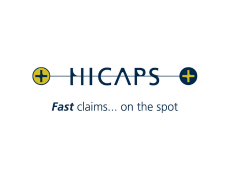We all know that there are many benefits to children participating in sporting programs. These benefits include improved cardiovascular and musculoskeletal health, learning skills such as teamwork, self-discipline, and healthy habits that can last a lifetime.
Children’s foot care is not the same as podiatry care for adults, as children are going through many bone shape changes, with changing bio mechanical relationships between the feet, knees, and spine. Different growth centre’s need to close in developing bones, before the adult bone size shape and relationship to other bones is set for adult life.
Podiatrists treat conditions including:
- Foot pain
- Heel pain (Severs Disease is common in active children)
- Knee pain
- Leg pain – shin splints, muscle and tendon sprains or tears
- Fractures including stress fractures
- Blistering
- Ankle pain
- Low back or groin pain
If your child has an injury then we will help you to overcome that injury. However, we acknowledge that it is far better to prevent an injury from occurring in the first place.
At Performance Podiatry Bateau Bay we regularly undertake a lot of child lower limb assessments and often assess injuries by using video gait analysis on our treadmill. If appropriate, we can arrange analysis on site to simulate the normal conditions of the activity.
Biomechanical evaluation may also be carried out. This measures the difference in angles and positions of your hips, legs and feet compared to normal.
Treatment will depend on the diagnosis and cause of symptoms and may include:
- RICE (Rest, Ice, Compression, and Elevation)
- Detailed advice on the correct footwear for the child’s foot type
- Advice on training, footwear and modification or adjustment of sporting equipment.
- Prescription orthotic therapy for biomechanical problems.
- Padding & Taping
- Dry Needling
- Stretching exercise programs.
- Advice on exercises to do at home to encourage faster recovery.
- Training changes—depending on your activities the podiatrist may recommend modifications to a training regime. Return to activity should be supervised by a qualified person such as a podiatrist or experienced adolescent coach.






